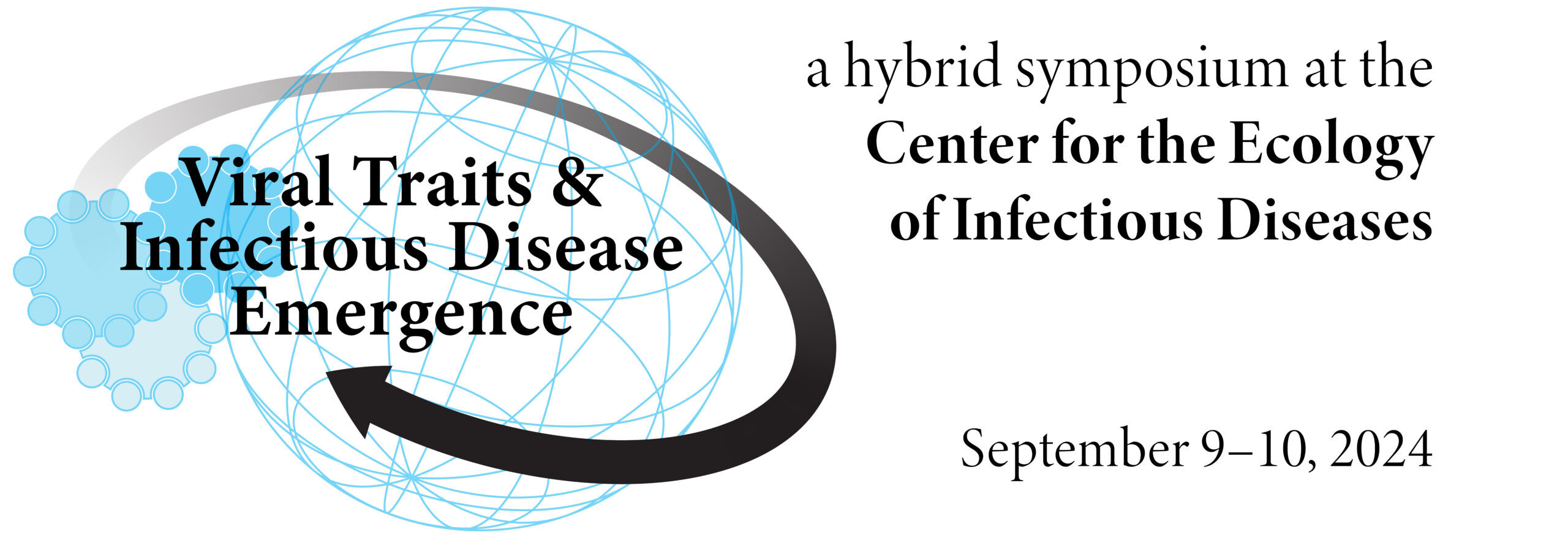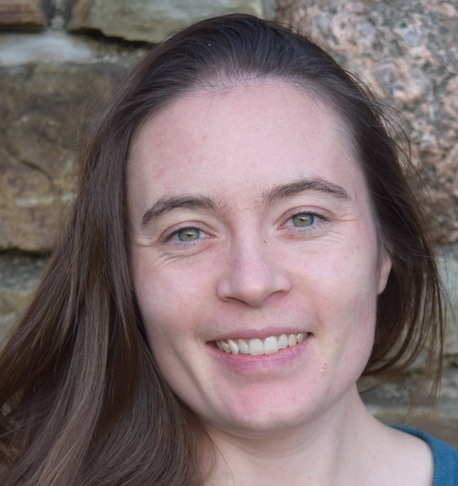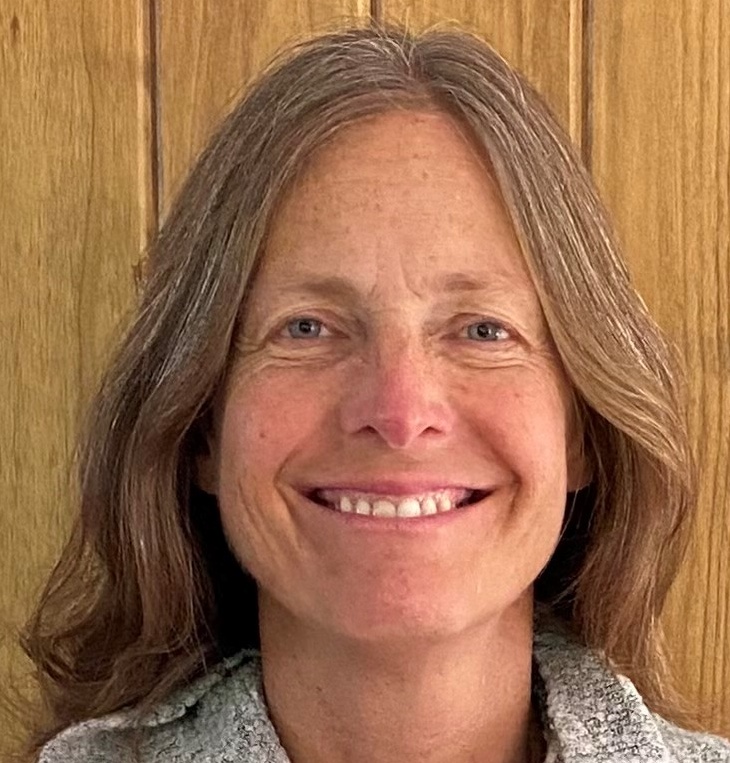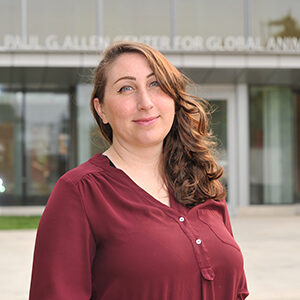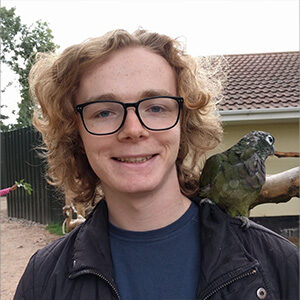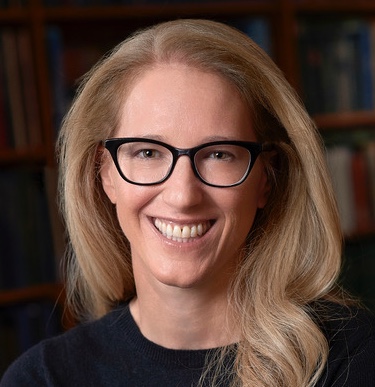
Raina Plowright
Rudolf J. and Katharine L. Steffen Professor of Veterinary Medicine
Cornell Atkinson Center for Sustainability
BatOneHealth
Department of Public & Ecosystem Health
Cornell University
Lab Website: https://plowrightlab.org/
“Determinants of spillover from virus and host perspectives”
Raina Plowright is the Rudolf J. and Katharine L. Steffen Professor at Cornell University where she also serves as a Cornell Atkinson Scholar at the Cornell Atkinson Center for Sustainability. Dr. Plowright received her veterinary degree from the University of Sydney, and her M.S. and Ph.D. from the University of California, Davis.
Her research develops the science of pandemic prevention through transdisciplinary science leadership and translation. She focuses on four areas of investigation: mechanisms of cross-species transmission (commonly known as spillover), how environmental stressors drive spillover events, the dynamics of viral pathogens in reservoir hosts, and the implementation of ecological interventions to mitigate spillover. Her work advances a One Health approach by bridging the best available science in disease dynamics with effective public health practice and meaningful policy.
Dr. Plowright is dedicated to fostering excellence in transdisciplinary collaboration to tackle the complex challenges of zoonotic disease emergence. She leads Bat One Health, a research consortium investigating WHO priority pathogens in bats, with field efforts in Australia, Bangladesh, and Ghana. Their work aims to unravel the biological mechanisms underpinning spillover events to inform development of targeted prevention strategies.
Dr. Plowright is co-chair of the Lancet Commission on Prevention of Viral Spillover and holds roles on several advisory boards, including the National Science Foundation Advisory Committee for Environmental Research and Education, and the US National Academies of Science, Engineering, and Medicine committee for Countering Zoonotic Spillover of High Consequence Pathogens.
She is a member of the National Academy of Medicine and is an elected Fellow of the American Association for the Advancement of Science. She has been an Australian-American Fulbright Fellow, an Australian Centenary Scholar, a DARPA Young Faculty Awardee, the recipient of a WIMU teaching award and the Wiley Research Award, and a David H. Smith Fellow in Conservation Research.
Dr. Plowright has contributed to over 120 peer-reviewed publications and given over 120 invited talks including plenaries and keynotes on zoonotic spillover. Her research has been featured in over 120 interviews and reports in the popular media, including in the New York Times, Scientific American, The Washington Post, The Economist, Le Monde, National Public Radio, Newsweek, Reuters, ProPublica, and Rolling Stone.

